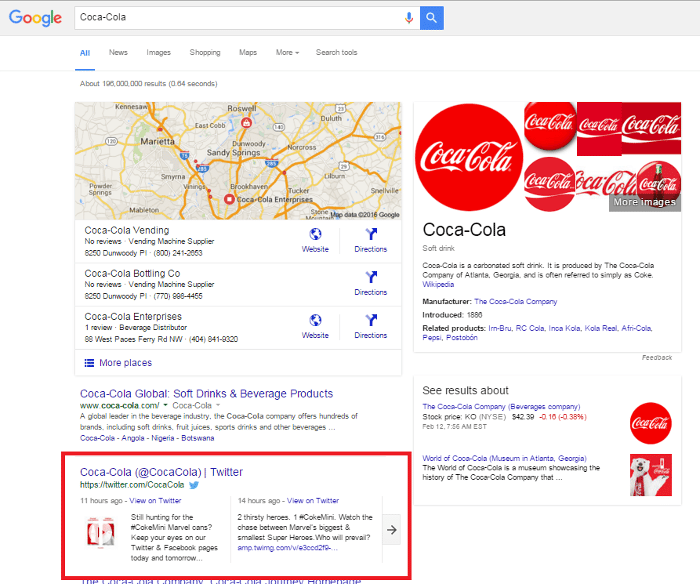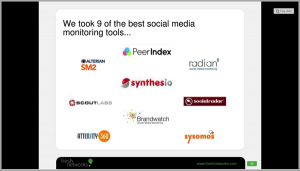— August 1, 2017
SEO is a challenging hurdle to master for any business. But if your digital team stays updated with Google’s ranking updates and changes in user behavior, you’ll see ranking improvements for your company’s site. That means more relevant traffic, and more potential customers you’ll have the opportunity to convert.
A critical part of effective SEO is keyword research. While performing keyword research, SEO consultants of businesses may have noticed a recent spike in “long tail” search queries.
The culprit of this shift? Voice search. Voice search phrases from users are growing at an immense rate. Some 20% of mobile searches are now driven by voice search–a figure that is likely to grow as voice interpretation technology improves and a growing number of personal assistants join the likes of Siri, Alexa, and Cortana in the phones, tablets and PCs of users everywhere.
Effective marketing operations and SEO experts must incorporate this quickly-growing used search avenue to stay on their customers’ (and Google’s crawlers’) good side.
A Shift in Search Syntax

What does voice search have to do with long tail keywords?
Long tail terms and phrases are more conversational, and are more likely to be incorporated in a user’s voice search phrase.
For instance, an experienced web user operating on desktop and looking for a nearby bite to eat would likely punch something short and efficient in their search bar: “Mexican restaurants,” “delis,” “salad bars,” “Chinese takeout,” etc.
But imagine you were on the road, or walking down the sidewalk during your lunch break and using voice search so you could keep your eyes focused. You’d likely say something like; “What’s the best place to get a sandwich within 5 miles?” or “show me a list of options for a coffee date near work.”
Short tail keywords will not become obsolete, but there will be relatively fewer searches of that nature over time. In the meantime, businesses need to start adapting to a new search syntax.
The allure of voice search is undeniable—it’s fast, it’s hands-free, it lets users multitask. As an SEO staffing agency, we practice what we preach. MarketPro recently implemented a successful voice search campaign by following these four key components:
Know Your Brand. Really.
Identity crisis often happens among brands. Your team may think the brand should target certain keywords when in actuality users searching for something in your industry may think in entirely different concepts and terminology. It’s crucial for companies to truly understand the brand from the user’s perspective (a brand marketing executive search can help with this).
Reset your mind, forget that you’re an “expert” in your industry–it’s probably harder than you might think! Now work with your SEO staffing to develop a keyword map that incorporates realistic long tail keywords related to your brand. Use these long tail keywords to create entire full sentences and phrases.
Optimize Your Website for Local SEO

Your digital team should already be routinely in updating your company profile and contact information. These basic updates are especially important if your company wants to make that big leap into voice search. Research has found that voice search is three times more likely to be local in nature.
Users will voice search something like “best marketing executive search firm” and get results nearby. If you’re a marketing executive search firm in Atlanta (like us!) your business should populate on the SERPs for users making related long tail searches in the area.
Think Like Your Audience
People want fast results. Speaking out a question or phrase often comes more naturally and more quickly than typing.
When users type a search on desktop they tend to use “computer language:” marketing recruiters, for example. When they speak a search term, users use their own language (i.e. ”where are some good marketing recruiters in atlanta”).
Natural language shows intent more strongly. To adjust for natural language, select keywords that are strongly based on user intent. Anticipate specific questions as they’d be asked in a conversational manner. A good starting point is beginning with long tail related searches and formatting these into entire sentences and questions that are specific in nature.
A New Approach to the FAQs Page
Search questions that begin with” who, what, where, when and how” are most used in voice searches. Ensure that your brand is on the SERPs by optimizing your website for specific intent-based questions.
The way that we at MarketPro developed an FAQ page was through researching the kinds of questions our target might ask. We then produced content around those queries containing informative content that answers specific questions.
Don’t stuff the FAQ page with generic content; be informative and don’t come across as trying to sell your brand to the user. Provide answers that are relevant and immediately useful.
Having any success with voice search? Let us know what you’ve seen working (and what’s not)!
Digital & Social Articles on Business 2 Community
(46)







